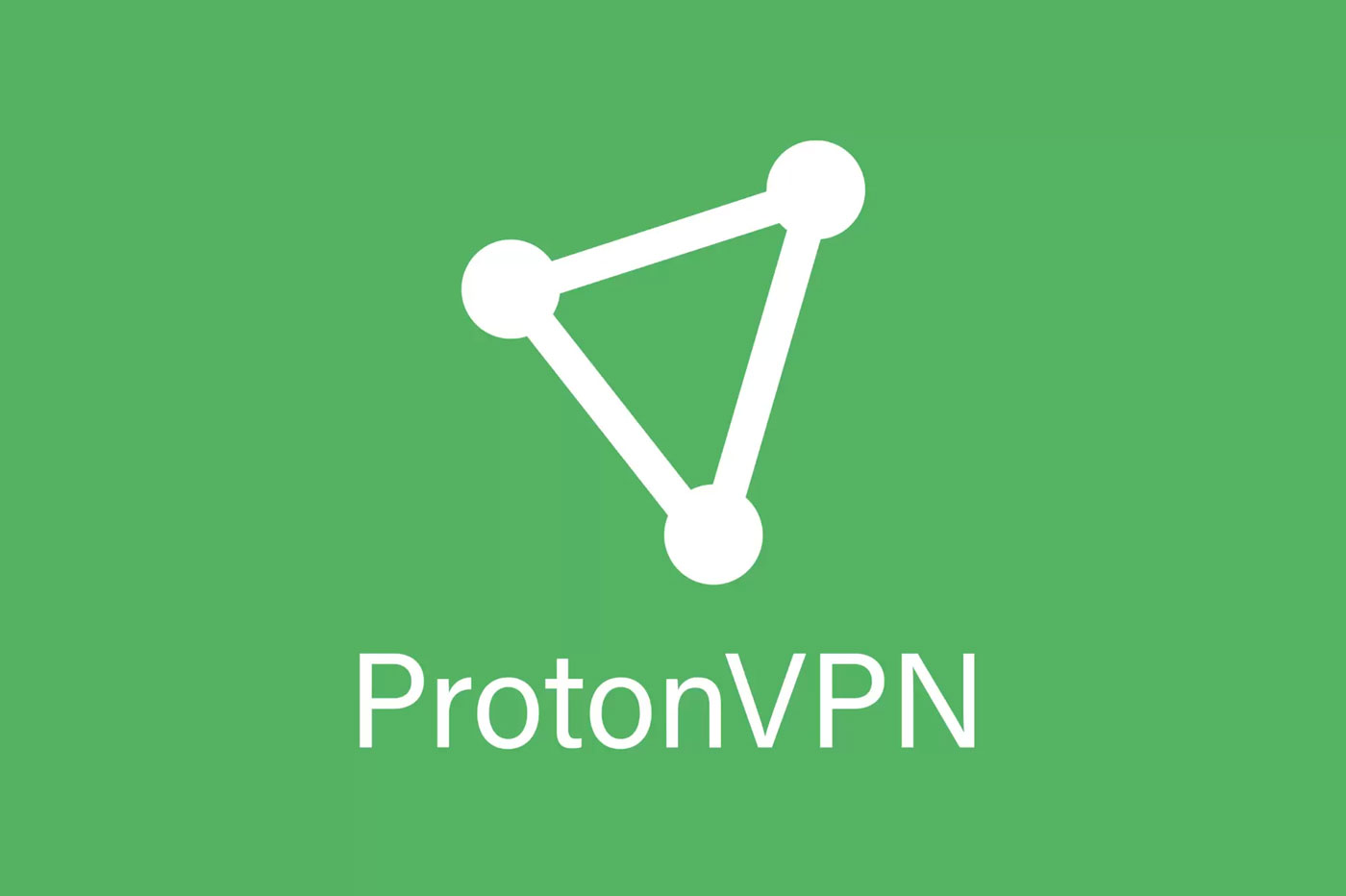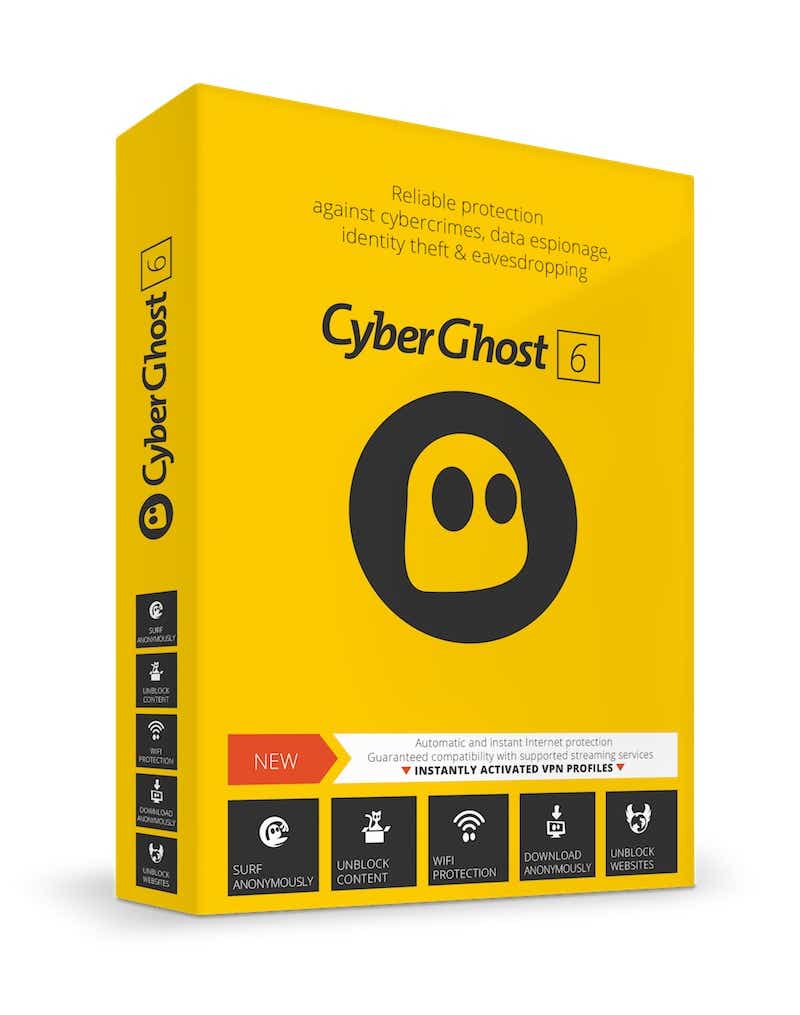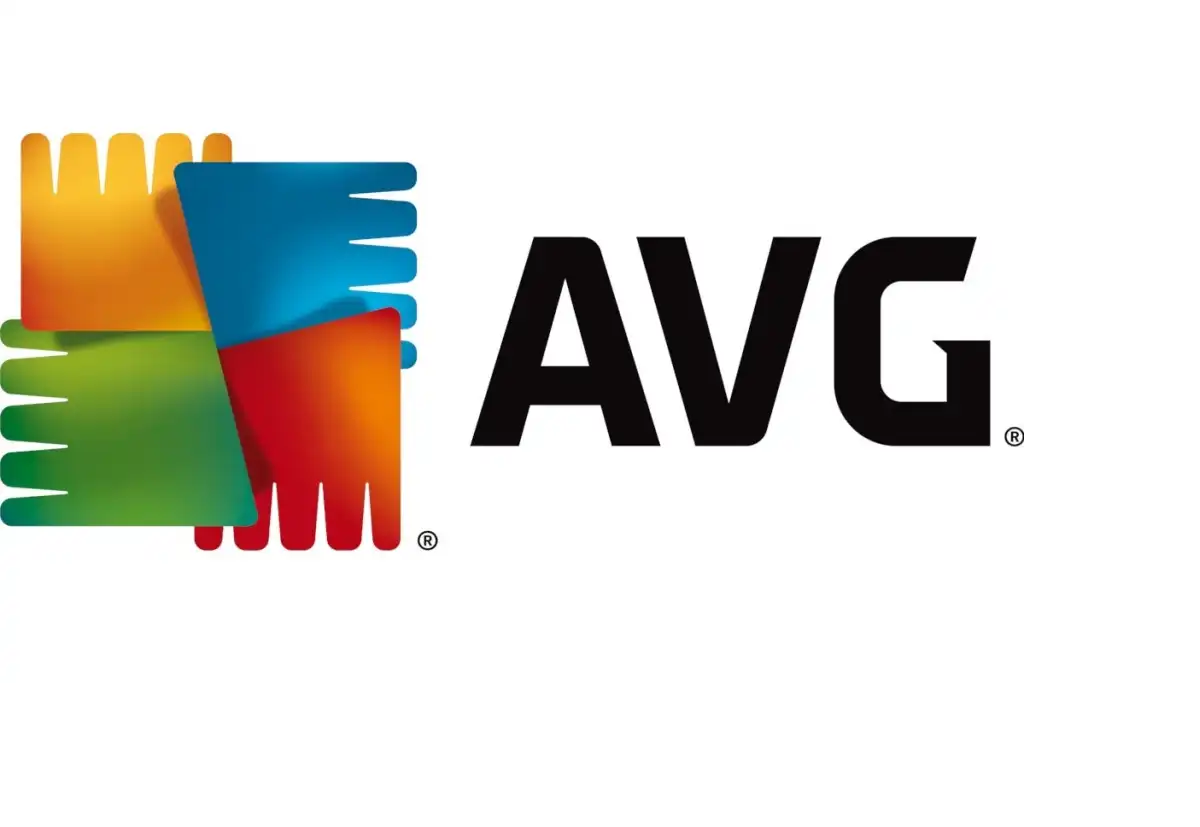Virtual private networks, or VPNs, are one of the most effective ways to stay safe online. Not only do they allow you to stay anonymous, but they can help you get past region blocks on streaming services such as Netflix. However, you usually have to pay for a VPN subscription and adding an extra monthly expense to an already tight budget isn’t ideal. That’s where a free VPN can come in handy. They can provide you with a similar level of security for virtually — pun intended — nothing. But not all free VPNs are built the same.
With many free VPNs you’ll encounter a lot of restrictions such as speed constraints, bandwidth caps, or a limited country network. These restrictions can add up, making the experience of using a free VPN feel pointless. That’s why it’s important that you choose the right free VPN service based on your own needs.
While I advise that you opt for a premium VPN, such as those in our roundup of the best VPNs, I understand that sometimes you just need quick and easy basic protection without having to pay for yet another service. Therefore I’ve curated a list of the best free VPNs around. I lay out any restrictions they may impose and what activities they’re best used for — streaming, torrenting, browsing, etc. Following my recommendations you can read about what to look for in a free VPN and how I test.
Updated June 13, 2024: Check out my latest review of Windscribe Pro VPN. Both the premium and free version of this VPN shine, and it continues to be one of my top picks on this list thanks to its unlimited speeds and good server selection.
ProtonVPN – Best free VPN

Pros
- Excellent free plan
- Great privacy tools
- Reliable and transparent no-logs policy
Cons
- Expensive
Why I like ProtonVPN
If you’re looking for speed and excellent privacy in a free VPN then ProtonVPN is your best choice. The only real limitation to this service is that you can only connect with one device at at time, other than that it’s practically a premium VPN.
The service comes from a trustworthy, privacy-focused company that has undergone a successful audit of its no-logs policy. It’s also mercifully free of ads — a rarity among free VPNs. You’ll be able to choose from five servers located all of the world including Japan, the Netherlands, Poland, Romania, and the U.S. Plus, there are no data limits, meaning you can surf and stream to your heart’s content.
ProtonVPN even showed decent speeds in my tests, just going to show that this is the free VPN to get.
Who should use ProtonVPN
Users who need anonymity and speed while using their VPN will stand to gain the most from ProtonVPN’s free version. Because you’ll only be able to connect with one device at a time though, users who want to use a VPN with multiple devices might need to look elsewhere.
CyberGhost VPN – Best free VPN browser extension

Pros
- Easy-to-use interface
- Independently verified no-log policy
- Seriously impressive server spread
Cons
- Lacks some common features such as multi-hop and double VPN
- Server speeds are hit-or-miss, especially in Asia
Why I like CyberGhost VPN
CyberGhost VPN provides an excellent VPN with plenty of servers optimized for different tasks such as gaming, streaming, and torrenting. While the premium service, with access to all of its 9,000-plus servers and additional security features, is a paid option, CyberGhost also has a great browser extension that it offers for free. If you have either Chrome or Firefox you can download the extension without having to pay anything and enjoy access to a limited number of the VPN servers for free — currently sitting at eight servers in four countries.
Additionally, you are able to connect and use these VPN servers without having to worry about bandwidth limits or data capping. Unfortunately, in my tests I found that the servers I used in the browser extension were not able to successfully unblock streaming servers. However, if you start using the free browser extension and decide you like CyberGhost, you can always opt for a premium membership, which can be as low as three dollars a month for a long-term plan.
Who should use CyberGhost VPN
CyberGhost’s free version is ideal for users who don’t want to pay for a premium VPN service but also don’t want to worry about a monthly data cap. Plus, the fact that CyberGhost VPN’s free version is browser-based means that users who don’t want to bother downloading and setting up a new application can have the VPN based simply in either their Firefox or Chrome browser.
Windscribe – Best free VPN for speed

Pros
- Good free plan
- Fast speeds
- Unlimited device connections
Cons
- Streaming unblocking is inconsistent
- No independent audit
Why I like Windscribe VPN
The Windscribe VPN service seems to get better and better each time I review a new version. It not only has an excellent Pro version that is reasonably priced, but it has a stand-out free service as well. What makes Windscribe’s free service really shine is a combination of perks and speed. Not only do you get top-notch speeds, but you also get a maximum 10GB of bandwidth per month and no device limits. To get that bandwidth, though, you’ll need to confirm via email address — if not, you’re stuck at 2GB per month.
The free service offers 10 regional connections including the U.S., Canada, UK, France, Germany, Hong Kong, Netherlands, Switzerland, Norway, and Romania. It also has a ton of privacy features such as blockers for site notifications and “we use cookies” banners, WebRTC leak protection, location spoofing, user agent rotation, and more.
The service is also extremely easy to use with a simple setup and solid performance for a free VPN. I not only recommend the Windscribe free service on its own, but also as an easy way to get to know the service before committing to a paid tier with premium features.
Who should use Windscribe VPN
Those who want a free VPN with fast speeds and a generous helping of extra perks will find that Windscribe is the go-to option. Most free VPNs are only good for location spoofing with no real added features, and that’s why Windscribe is so good. It offers way more for users and the fact that it gives you up to 10GB of bandwidth means you can use it multiple times throughout the month without having to worry about hitting the data cap.
Hide.me – Best free VPN for speed runner-up

Pros
- Good option for streaming
- Better than average overall speeds
- Lots of power user options for customization
- Free version available
Cons
- Third-party audit not updated since 2015
- Speeds were inconsistent in our tests
- Not the easiest VPN for beginners
Why I like Hide.me VPN
Hide.me offers a solid paid VPN service and the company is generous enough to provide the full premium feature set in their free version as well. Its server speeds are a bit inconsistent, but overall they are pretty fast and rank within the top 20 of all — paid or free — VPNs that I’ve ever tested. That makes it plenty speedy for the typical use cases for a free VPN. When you use Hide.me’s free service you’re limited to 10GB per month and one device at a time, as well as eight region choices including Canada, Germany, the Netherlands, U.S. East, and U.S. West.
Who should use Hide.me VPN
Hide.me’s free VPN is a solid option for any and all users. Not only are the speeds good for secure browsing, but you have access to their full premium feature set as well. The speeds are not quite as good as ProtonVPN and there is a monthly data cap, but the trade off is that with Hide.me you have access to useful features such as split-tunneling and the ability to choose between multiple proxy configurations.
TunnelBear – Best free VPN for get-in, get-out chores

Pros
- Fun and easy-to-use interface
- Reliable security features
- Unlimited simultaneous device connections
Cons
- Lacks some advanced features for power users
- Customer support not the most helpful
- Not a good option for torrenting
Why I like TunnelBear VPN
I’ve always liked TunnelBear. It’s simple to use, affordable, and the speeds are fine. In my speed tests, TunnelBear was outside the top 10, but its speeds were still good enough for most browsing or online tasks.
That’s more than enough for what this free VPN would be suited for, since you will only get a maximum of 500MB per month with the free version. The idea is to provide a trial for testing out the service before making a bigger commitment. Thankfully, beyond the data limit, the free version of TunnelBear puts no restrictions on what features are available so you’re able to experience the full application for no charge.
The data limit won’t allow you to stream or play games for the most part, but it’s enough for quick hits when you’re on the road for checking email, or some basic web browsing. Plus, TunnelBear keeps track of your bandwidth usage so you can see when you’re getting too close to the limit.
Who should use TunnelBear VPN
TunnelBear’s free VPN is best suited for those who need a one-and-done VPN experience. The 500MB data cap is quite restrictive, but you have access to all of the premium features from an excellent VPN service. This includes split-tunneling, a unique HTTPS masking feature, and your choice of multiple VPN protocols.
AVG Secure VPN – Best VPN free trial

Pros
- 10 simultaneous device connectionsUnblocks streaming servicesFree 60-day trial
Cons
- Logs some user activity dataNot a lot of extra featuresLong-term only subscription options
Why I like AVG Secure VPN
You might be wondering why I’d even bother including a free-trial option. Well, AVG Secure VPN is not only a fine premium service on its own, but it provides a 60-day free trial for new users. That’s incredibly generous for a premium service — most other VPNs only offer one-week free trials at best.
AVG is a household name in security software and they don’t disappoint with their VPN either. The free trial gives you complete access to all of the paid features such as 10 simultaneous device connections, over 700 servers across more than 50 countries, and guaranteed streaming service unblocking with specific servers. The speeds aren’t the fastest I’ve ever seen, but they’re good enough for most general online activities. All-in-all, two months for free of AVG Secure VPN is a fantastic deal, just remember to cancel the subscription before the free-trial runs out.
Who should use AVG Secure VPN
Most people looking for a free VPN for shorter-term use will stand to gain a lot from AVG Secure VPN’s free trial. But I think it’s an exceptional choice in particular for those who are traveling for awhile and need a VPN while abroad. By taking advantage of a premium service’s speeds and broad server network you can access all of your streaming content no matter what country you find yourself in and you shouldn’t have to worry about frustrating data caps from other free services. Stream and browse to your heart’s content for no cost — well, at least for 60 days.
What to look for in a free VPN
Choosing a free VPN is a question of weighing the trade-offs with each service. Do you want unlimited bandwidth, but a restriction on devices? Or is it preferable to have more devices but deal with a bandwidth limit?
One thing you definitely want to avoid is a VPN that is ad supported. Ads expose you to tracking by the company delivering said ads, which is something you definitely don’t want. Also, stay away from any deal that suggests you can get a VPN by “sharing” your bandwidth like we saw with the Hola VPN scandal back in 2015. You also want to watch out for any VPNs you’ve never heard of, or that don’t have any official reviews by third-parties.
After that, you want to consider the usual issues such as the server network, connection speeds, privacy policy, Netflix support, and additional features.
How I test VPNs
I judge VPNs on a variety of criteria including server network, connection speeds, privacy protections, ease-of-use, additional features, and cost. For a more detailed guide on how I test, check out PCWorld’s comprehensive guide on how we test VPN services.
Speed tests are kept as simple as possible. I average the connections between different global locations for any given VPN and then compare them to a baseline internet speed to get a good picture of the overall connection speeds. I thoroughly research and analyze the privacy policies and histories of each VPN and note any outstanding discrepancies or data collection issues.
Experience and ease-of-use are subjective, but I try my best to give an accurate representation of how it feels to work with the VPN. Since you don’t have to pay for a free VPN, the value will be contingent upon the trade-offs you’ll need to make and the restrictions it has in place.
Free VPNs aren’t a top recommendation, but if you’re going to go that way I’d strongly suggest the VPNs mentioned above.
FAQ
What is a VPN?
A VPN, or Virtual private network, is a way to encrypt your internet traffic and disguise your identity while browsing the internet. Through a VPN provider, you connect to their anonymized server with end-to-end encryption which redirects all of your traffic through that intermediary server thereby looking to outside viewers as if your location is that server itself.
Additionally, VPNs allow you to connect to servers all across the world. So if you are looking to access location restricted content, such as streaming services, you can gain access via connecting to the appropriate country’s server.
How does a VPN work?
A VPN hides your IP address by redirecting it through a intermediary server hosted by the VPN provider. To anyone watching, the VPN server then becomes the source of your traffic instead of your own IP address. These remote servers can not only be in your own country, but they can also be located in different countries around the world. All of your network traffic from your computer to the VPN is sent over a secure and encrypted connection.
While browsing the internet and connected to a VPN, the VPN acts as a middleman between your computer and a website. Your computer sends a request to the VPN which then passes it on to a website. The website in return sends its response back to the VPN which forwards it through the secure connection back to your computer. All of the traffic rerouted through the VPN appears as if it is coming through their server rather than your own computer. This keeps your ISP and other third parties from potentially snooping on your internet activity.
Are VPNs legal to use?
Absolutely! In most countries, including the United States, it is perfectly legal to use a VPN. You might notice that some websites try to block VPN connections, but they are still okay to use. Please note, while using a VPN is legal, some of the activities done while using a VPN might be illegal. Activities such as downloading pirated copyrighted content or accessing dark web markets are both illegal with and without a VPN.
Should I use a free VPN?
That will depend on how you wish to use a VPN. A free VPN can be a great option for those who just need a quick and simple privacy solution. Whether it’s a one-off use case or you’re happy to just do basic internet browsing, a free VPN might be the way to go. If, on the other hand, you want to use a VPN to stream shows and movies or need it to access servers in different countries then you’ll likely need to upgrade to a paid service.
Free VPNs will always come with tradeoffs. These can take the form of restrictions to available servers, speed constraints, or data limits. You may also find that free VPNs come loaded with ads or collect and sell your user date — thereby defeating the purpose of a private VPN.
It’s best to fully understand what you’ll get with any free VPN and make sure to stick with vetted, trustworthy services such as those in the list above. For more information, you can read our in-depth article explaining free VPNs.


